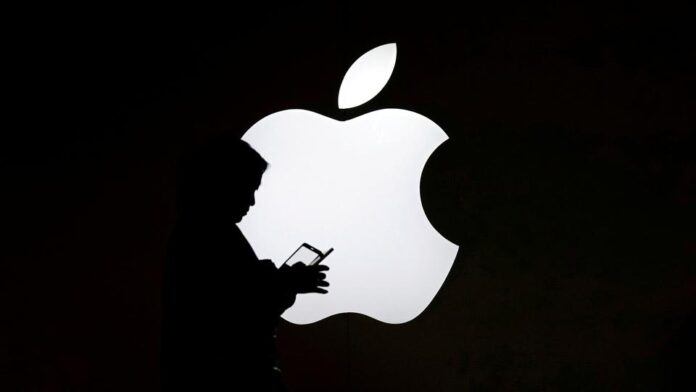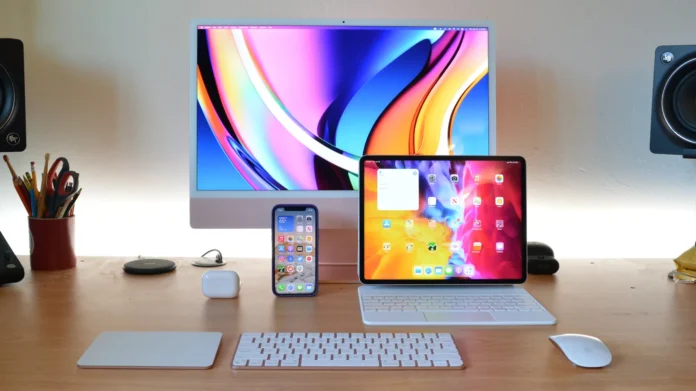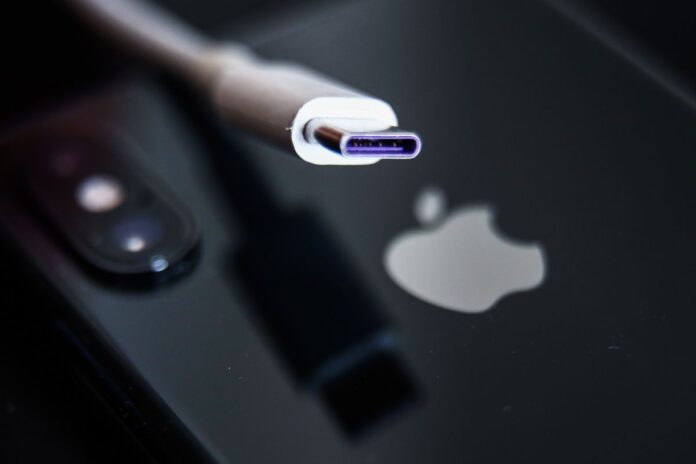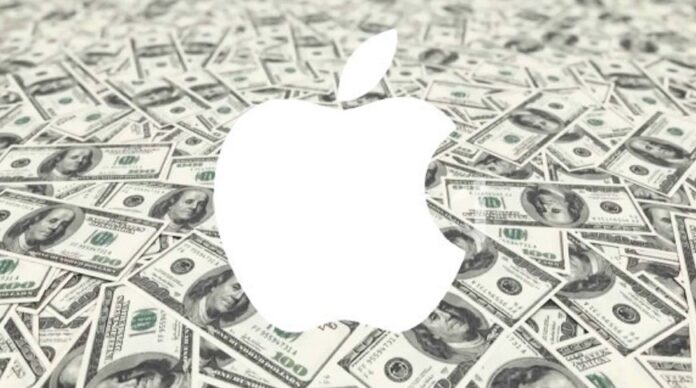Apple and Android together make up the second-largest smart device ecosystem. Apple’s ecosystem undoubtedly makes it possible for some fantastic things to happen, but it also has significant drawbacks. What precisely are the issues in this case? We shall discuss the six most significant issues with Apple’s ecosystem in more detail later on in this post.

# 1 All Prices Have Increased Due to Apple’s Taxes
One thing is for sure: be prepared to ’untie the money bag’ if you want to purchase Apple. As things are, Apple items will never be inexpensive relative to other gadgets, despite periodic “promotions“ and more affordable models. Apple devices have never been inexpensive.
You will necessitate an iPhone in order to test out Apple’s ecosystem, but even the cheapest iPhone 13 version costs a staggering 800 so around euros. There is a point why many customers view the MacBook as a five-year, if not longer, investment. The M1 MacBook Air, Apple’s entry-level laptop, is priced at $999. This is advantageous for expensive computers. Despite its being of high quality, take into consideration that it has been around for a while. Be ready to spend at least $2,000 if you intend to upgrade to something like a MacBook Pro featuring Apple’s most recent design.
The Apple tariff really comes into play with tablets. There is a heck of a lot of tablets you can buy for under $100, including Amazon’s Fire tablets and several Android manufacturer options. However, Apple’s entry-level tablet, the iPad, which is currently available for $329, has not undergone a significant change since 2017. There is no getting around the fact that Apple products are pricey, and despite some attempts to defend the cost, there are instances when they are simply too expensive and not worth the money.
# 2 Some Content Is Just Not Accessible or Enjoyable on Apple Devices
Apple controls the rules of the game and who is allowed to participate. Even though it is difficult to meet someone in 2025 who has never heard of Fortnite, this well-known game is not available in the Apple App Store. This is due to Apple’s rigid guidelines regarding what app developers may and cannot do. Because Epic Games, the parent company of Fortnite, created a payment system that allows players to make purchases directly in the game sans going via the App Store, Apple took down Fortnite. When Apple reacted, Epic Games sued the company. Apple has not done so with other applications that have their own payment systems, like NFL sportsbooks, up to this point, but that is because those apps entered the App Store with the idea of processing payments via their own systems. Additionally, if Apple removed betting apps out of its store, it would lose a lot of consumers.
There are many restrictions on what businesses may and may not do in the App Store. encompassing everything from the permitted content types to the delivery methods for that material. If you enjoy playing video games, you’ve probably heard about Xbox Cloud Gaming and Google Stadia. These services let you stream console games to any location so you can play them anywhere, but Apple’s purchase guidelines prevent them from being available in the App Store. It is common to hear the term “walled garden“ used to describe Apple’s ecosystem, and in certain cases, it does feel like one (unlike the Google Play Store).

# 3 Most of the Issue Is Siri’s Fault
When Apple first released Siri in 2011, it was much ahead of the competition. However, since then, Siri has lagged significantly behind rivals like Amazon’s Alexa and Google’s Assistant.
Siri is generally yet more trouble than it is worth. Alexa is compatible with a variety of Amazon Echo models and third-party gadgets, but if you wish to use Siri to control your home, you must adhere to Apple’s guidelines. In addition to having a significantly restricted selection of gadgets that Siri can function with, this requires purchasing a pricey HomePod or HomePod mini.
Siri has never been amazing, not even with basic features like support for third-party apps. Additionally, Apple removed the majority of the scant third-party support with iOS 15. Other voice assistants can perform so many tasks that Siri simply cannot. Google Assistant can translate 44 languages on a real-time basis, but Siri is not even capable of calling you an Uber. Despite having the most robust ecosystem in the IT industry, Apple is still run by ’not-so-smart’ artificial intelligence.
# 4 Last in line to Embrace the Most Recent Technological Advancements
You probably enjoy technology if you have become a devoted consumer of the Apple ecosystem. This makes it much tougher to stand by as other businesses develop incredible products to which Apple just has no equal.
In 2019, Samsung unveiled the first Galaxy Fold handset, and since then, the foldable phone has evolved from a pricey novelty to a popular choice among many users. Samsung has demonstrated that foldable phones are going to stay, regardless of whether you go for the Galaxy Fold or the Galaxy Z Flip. Sadly, we do not know whether or when the folding iPhone will be released. Apple’s willingness to take chances and adopt novel tech and form factors helped it grow into the tech behemoth that it is today. However, Apple appears to have lost its edge over the competition in many respects and has developed a sense of complacency and self-satisfaction.

# 5 Apple’s Ecosystem Is Made To Be Impossible To Leave
Apple’s ecosystem has a similar ability to captivate you like a good novel. You might quickly become aware that you also took a MacBook, iPad, and Apple Watch in addition to the iPhone. Do not forget to pack your Apple Pencil, AirPods, as well as as many power adapters as you can find along the route.
It can be challenging to give up these devices after spending hundreds or thousands of dollars or euros on them and deciding to stop using Apple products tomorrow. Therefore, even if you are sick of iOS and willing to give a chance to Android options, the sheer number of those other Apple devices you own may prevent you from switching over. Keep in mind that any premium apps or memberships you have acquired through the App Store will be lost if you leave the Apple ecosystem. As a result, you could find it difficult to say goodbye to your iPhone.
# 6 Apple Refuses To Integrate Contemporary Charging Technologies Into Its Products
For a corporation that professes itself on elegance and simplicity, Apple’s current charging system is a nightmare.

With its 2015 MacBook series, Apple was among the first big manufacturers to adopt USB-C. Ironically, Apple continues to oppose including USB-C in the iPhone. Instead, Apple makes us use the ten-year-old Lightning connector. Also constrained to Lightning is Apple’s complete series of AirPods. Additionally, the Apple Watch is not compatible with USB-C or Lightning. Instead, it needs a special charger, which just makes things more confusing.









